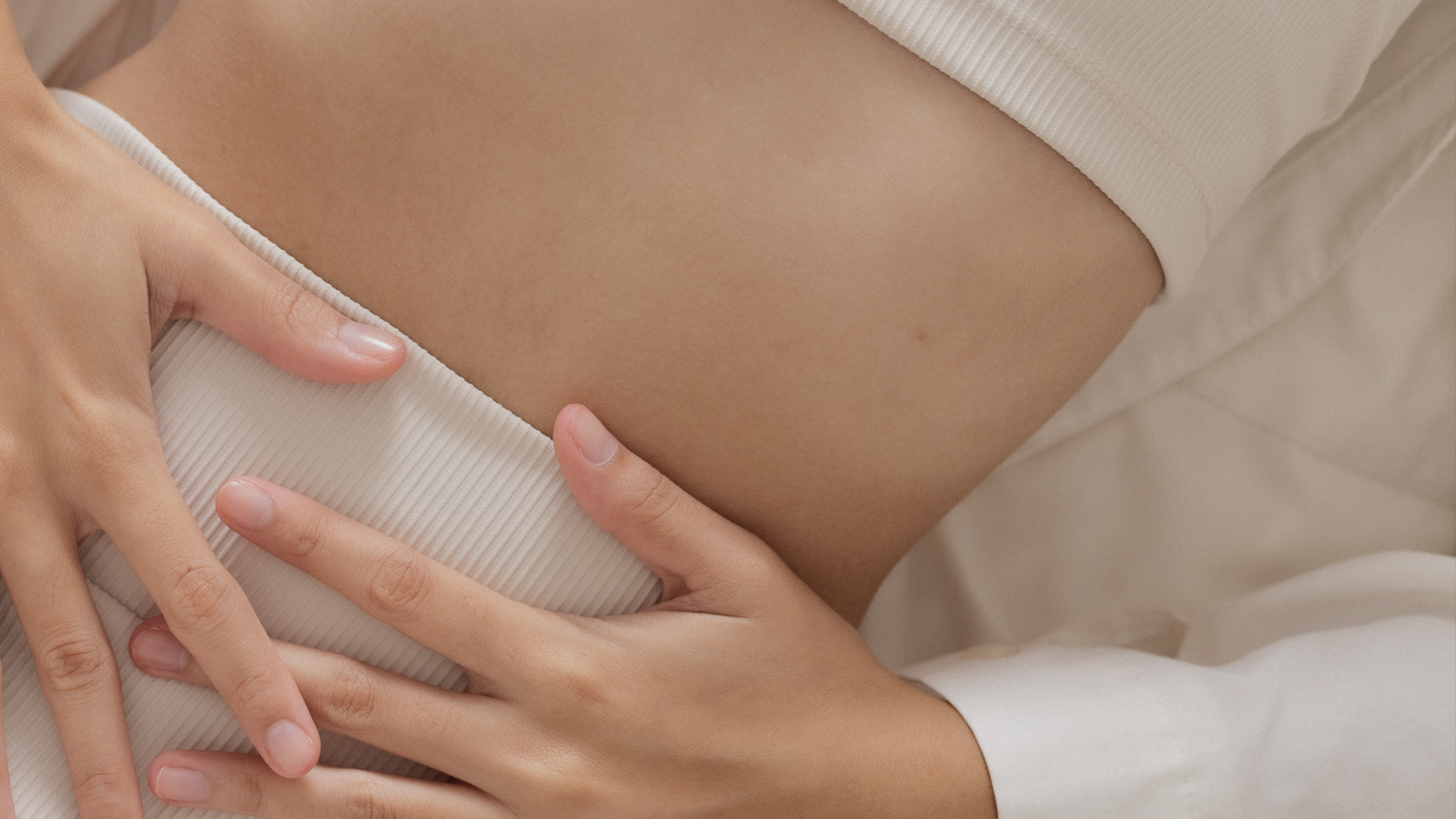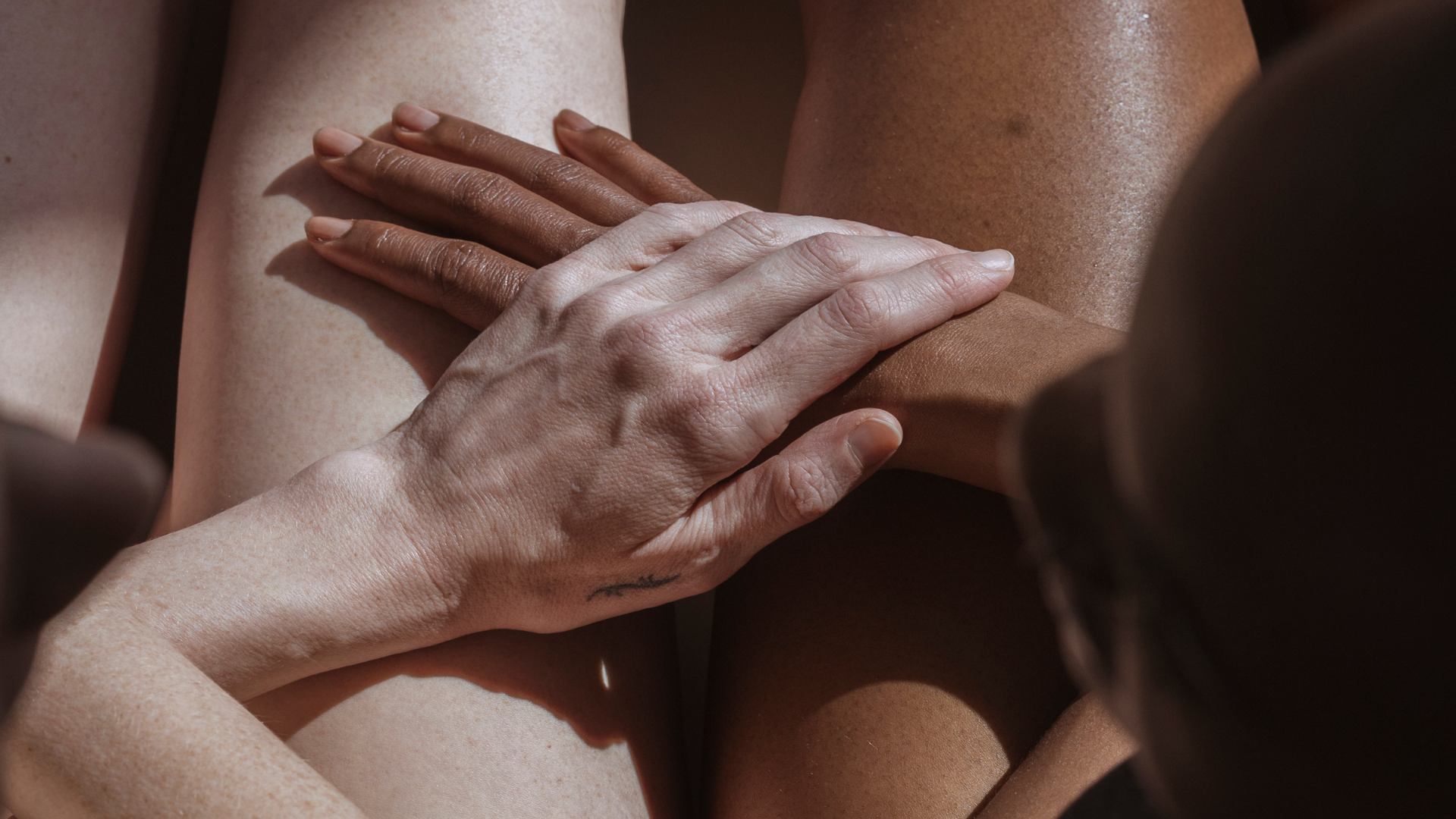These days, no one needs to be ashamed of digestive problems like bloating, bloating, and the like. There are even dozens of TikToks on the topic : "The coolest girls have IBS." But they still don't feel good! So what can you do if your digestion is causing you problems? The most important thing is to focus on gut health. If digestive problems—whether constipation, diarrhea, or intolerances—affect your everyday life and your well-being, it's worth incorporating simple rituals into your daily routine. We've summarized some tips for you in this article.
Don't eat anything 3 hours before going to bed
The best way to give our intestines the opportunity to fully regenerate is to give them the night off. A period of at least three hours between eating and going to bed is ideal, allowing the intestines to empty and properly cleanse themselves for the new day. Deep, restful sleep also plays an important role in digestion, and eating a meal too close to bedtime can disrupt sleep.

Support your digestion with yoga exercises
Yoga is incredibly beneficial for our bodies—it's an effective workout, keeps us flexible, and helps the body detoxify. When we perform certain yoga poses, such as spinal twists, it's like a massage for our intestines and lymph glands along the core and waist, which can help with digestive issues like abdominal pain, bloating, fullness, and irritable bowel syndrome.
Here are our favorite yoga workouts to support digestion:
https://www.youtube.com/watch?v=HZJYG-1RMSQ
https://www.youtube.com/watch?v=hpCXz7taG2s
https://www.youtube.com/watch?v=vDl_7xMTA6M

Take probiotics and prebiotics to improve your gut health
We love to start the day with a glass of our GUT GOODNESS . The prebiotics and probiotics it contains provide our gut with optimal support and prepare it for the day's digestive tasks. We drink GUT GOODNESS either in the classic glass, dissolved in water, or in a fruity smoothie during the warm summer months.

Go for a walk after a meal
You don't have to rush off, but a brisk walk of about 20-30 minutes after a large meal can take advantage of the huge glucose boost and get your digestion going, so you won't suffer from gas, bloating, or indigestion later on. It may be tempting to take a nap, but instead, put on some trainers and get some exercise.

Several small meals instead of a few large ones
It may sound logical to eat little when you know you're going to have a big meal later, but unfortunately, this is actually very stressful for your digestive system. Eat small meals regularly throughout the day to keep your digestion and metabolism moving, and eat a healthy portion later. Starving yourself first and then binging isn't good for your gut health and will also hinder your weight loss.

Eat consciously and chew your food properly
When we're hungry, it's often difficult to focus on fully softening our food before swallowing and taking the next bite. However, studies show that chewing for longer helps us eat less food and gives us more time to feel full. Furthermore, the more food is broken down by saliva and our teeth, the easier it is for our bodies to digest. Try it right now: Chew 15-20 times per bite!





Leave a comment
This site is protected by hCaptcha and the hCaptcha Privacy Policy and Terms of Service apply.